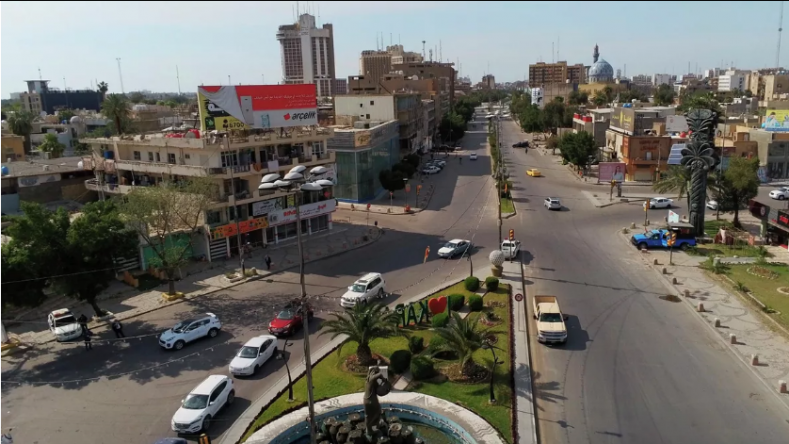
Protesters storm Swedish embassy in Baghdad
Iraq condemned the torching of Sweden's embassy in Baghdad by demonstrators early Thursday, its foreign ministry said, calling on security forces to identify those responsible, AFP reported.
"The Iraqi government has instructed the relevant security services to conduct an urgent investigation and take all necessary measures to uncover the circumstances of the incident and identify the perpetrators," the ministry said in a statement.
Hundreds of protesters stormed the Swedish embassy in central Baghdad in the early hours of Thursday morning, scaling its walls and setting it on fire in protest against the expected burning of a Koran in Sweden, Reuters reported.
All Baghdad embassy staff were safe, the Swedish foreign ministry press office said in a statement, condemning the attack and highlighting the need for Iraqi authorities to protect diplomatic missions. The ministry did not immediately reply to a request for further detail.
Thursday's demonstration was called by supporters of Shi'ite cleric Muqtada Sadr to protest the second planned Koran burning in Sweden in weeks, according to posts in a popular Telegram group linked the influential cleric and other pro-Sadr media.
Sadr, one of Iraq's most powerful figures, commands hundreds of thousands of followers whom he has at times called to the streets, including last summer when they occupied Baghdad's heavily-fortified Green Zone and engaged in deadly clashes.
Swedish police on Wednesday granted an application for a public meeting outside the Iraqi embassy in Stockholm on Thursday, the police permit showed. Police said in the permit two people were expected to participate.
Swedish news agency TT reported that the two planned to burn the Koran and the Iraqi flag at the public meeting, and included a man who set a Koran on fire outside a Stockholm mosque in June.
Swedish police denied several applications earlier this year for protests that were set to include burning the Koran, citing security concerns. Courts have since overturned the police's decisions, saying such acts are protected by the country's far-reaching freedom of speech laws.
Newsfeed
Videos






























